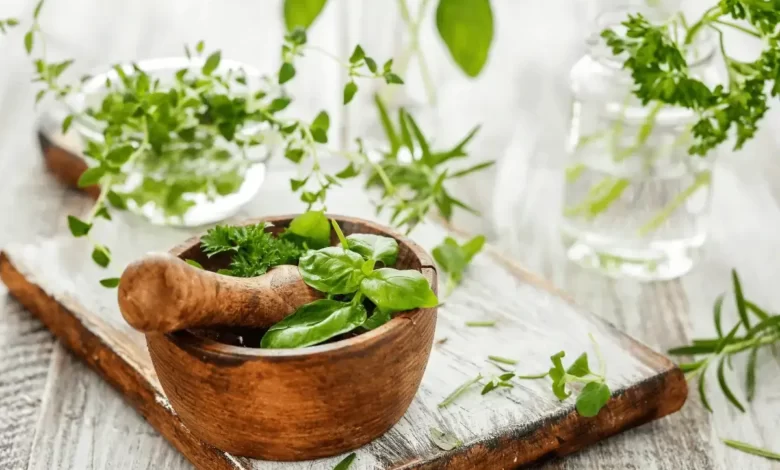
Due to problems and disorders in the digestive system, many people may have reflux and esophagitis. We’ll naturally tell you about the ten best herbs for gastroesophageal reflux disease by ListingBest.com.
Gastroesophageal reflux disease causes
Gastroesophageal reflux disease (GERD) is one of the most common and widespread diseases in all parts of the world. Many people have digestive problems, like inflammation and GERD, because:
- Taking too many drugs, especially painkillers.
- So when you eat more food than you need.
- Lots of tea and coffee.
- Overweight.
- In addition, Too many soft drinks and alcoholic drinks.
- Eat foods that are rich in fat or have hot spices.
- Smoking.
- Being anxious and stressed out.
- And when you have a stomach ulcer.
Best herbs for gastroesophageal reflux disease
There are a lot of herbs that are helping to treat gastroesophageal reflux disease, but the most important ones are:
10: Chamomile
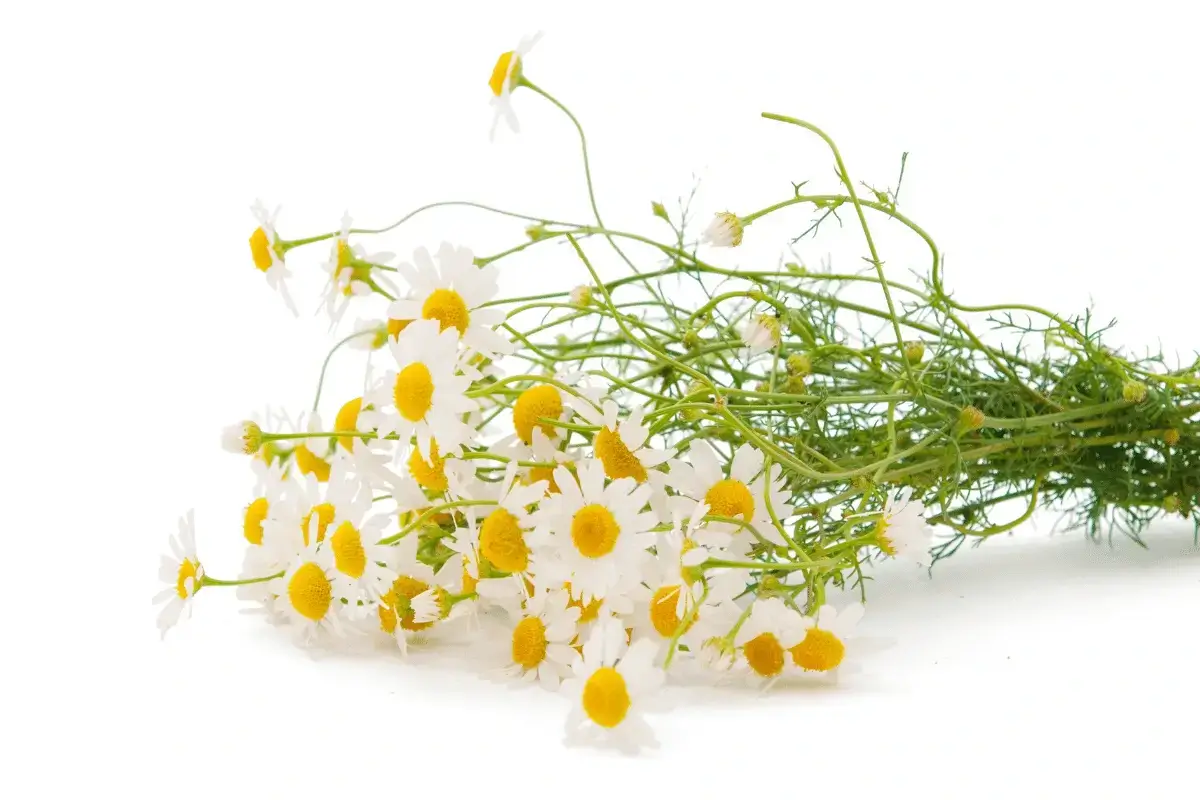
Chamomile is one of the best herbs to calm stomach problems and treat gastroesophageal reflux disease because it has the following benefits:
Chamomile has a lot of things in it that help calm the stomach. So It helps acidity and allows the digestive system to work correctly. And it manages the organs and takes away stress and anxiety.
All of this helps a lot with the problem of inflammation and reflux in the esophagus. And it also makes the stomach feel less acidic.
Putting a spoonful of chamomile flowers into a cup of boiling water is one way to make the drink. After 5 minutes, the glass is ready to drink after filtering.
9: Licorice
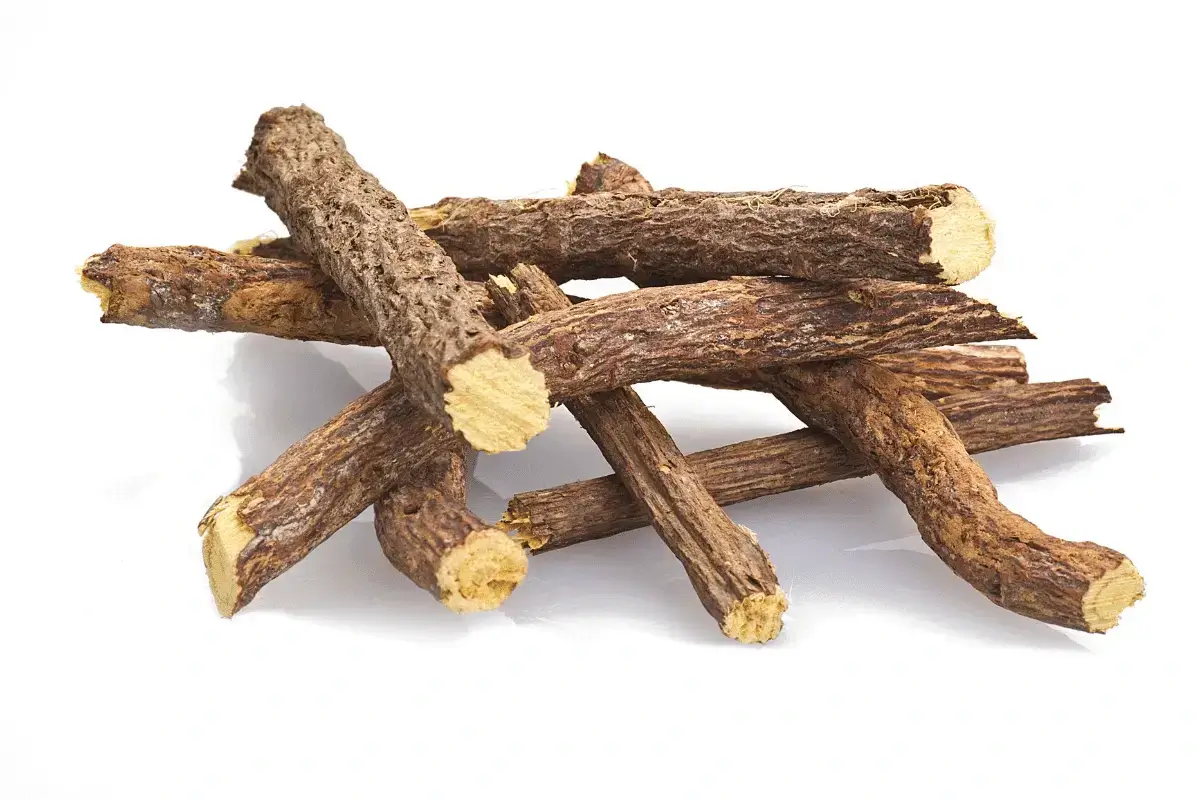
It is one of the most natural herbs that help with inflammation and reflux esophagitis because it has the following benefits:
It makes more mucus, which coats the esophagus and keeps it from getting sick. And it makes heartburn much less painful and lowers the chance of getting esophagitis.
It keeps the digestive process running smoothly, making GERD much less likely.
8: Ginger
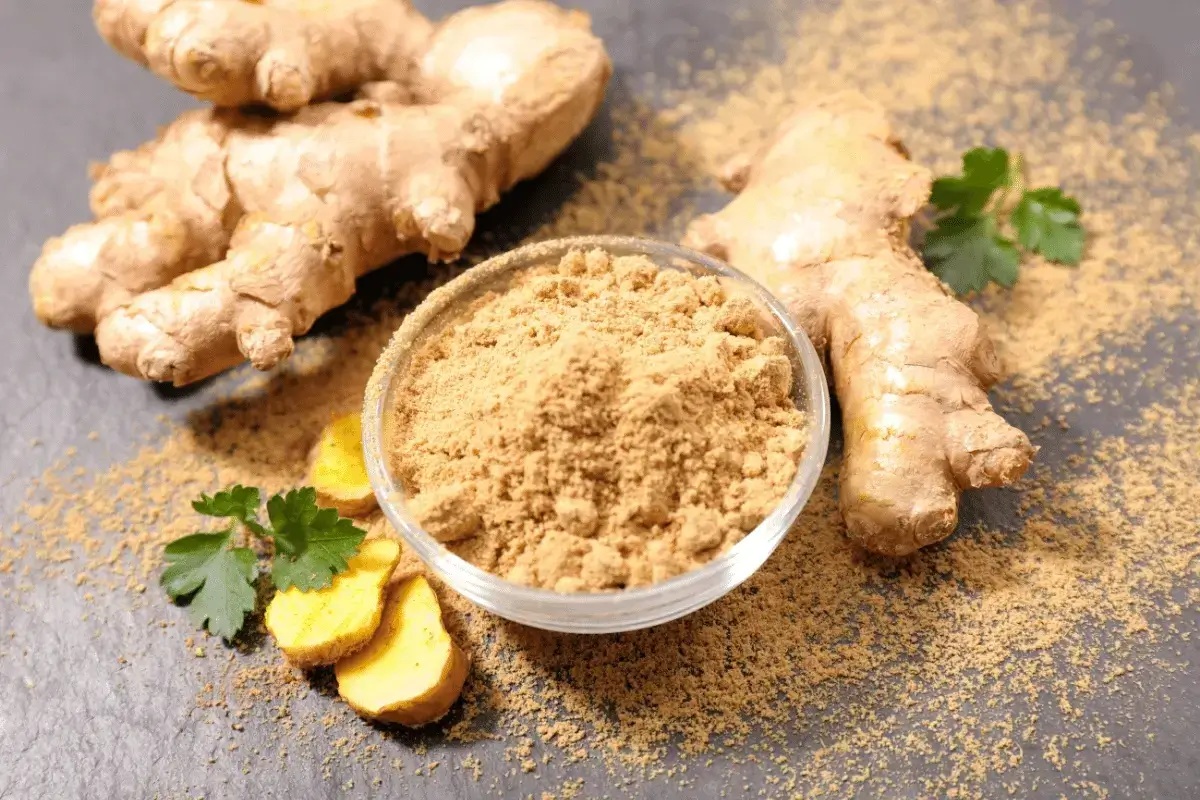
One of the most important and best herbs that help to treat digestive and stomach problems is ginger. It is because it has natural properties that help:
Ginger is one of the top herbs for gastroesophageal reflux disease and gastritis. It has many benefits. It helps with stomach acidity, feeling sick, and the urge to throw up.
Ginger helps esophagitis a lot, and You can also use it to treat stomach ulcers.
To make it, you add a teaspoon of ginger powder to a cup of boiling water, let it sit for 5 minutes, and then sweeten it with a teaspoon of honey.
7: Rosemary
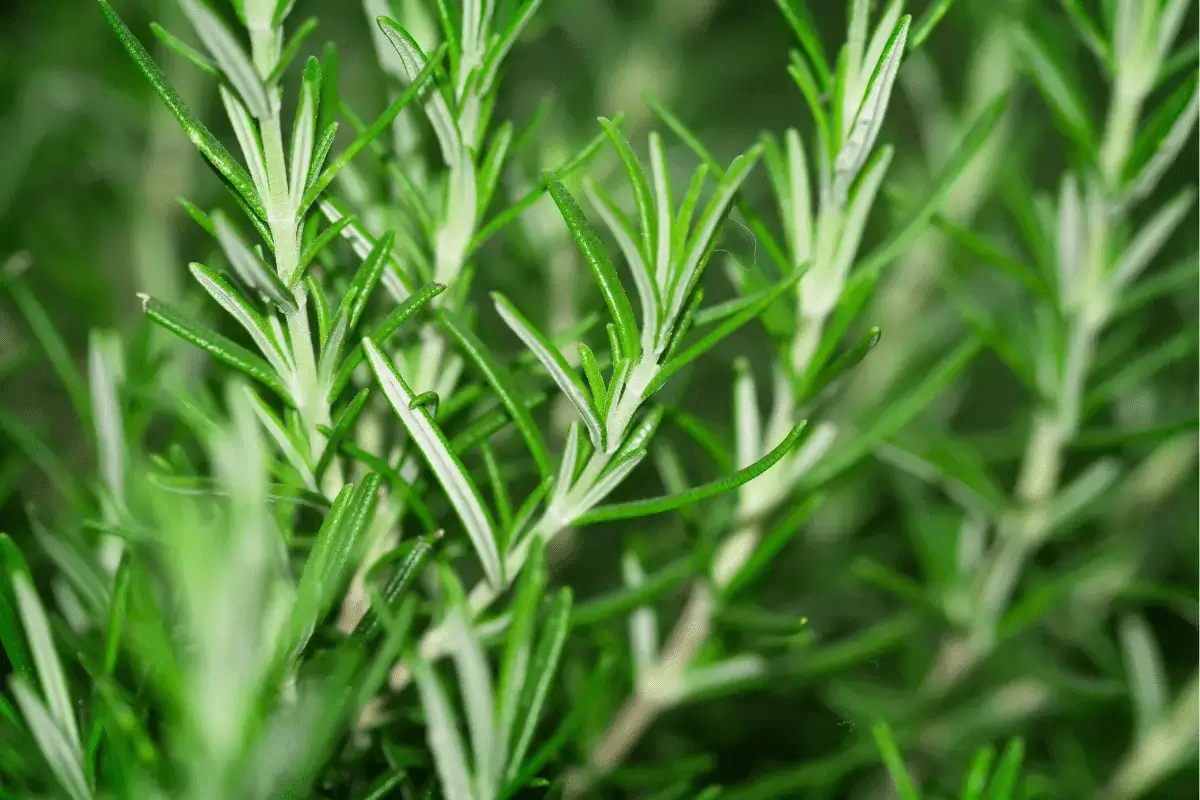
Rosemary is one of the most important herbs with healing properties that can help with the following:
Rosemary relieves digestive disorders. And it makes heartburn and indigestion feel better. In addition, it helps a lot with the problem of gas building up in the belly.
It helps calm the stomach and reduce problems with inflammation and acid reflux in the esophagus.
Add two tablespoons of rosemary powder to a cup of boiling water, let it sit for five minutes, then strain and sweeten with honey. It’s ready to drink.
6: Turmeric
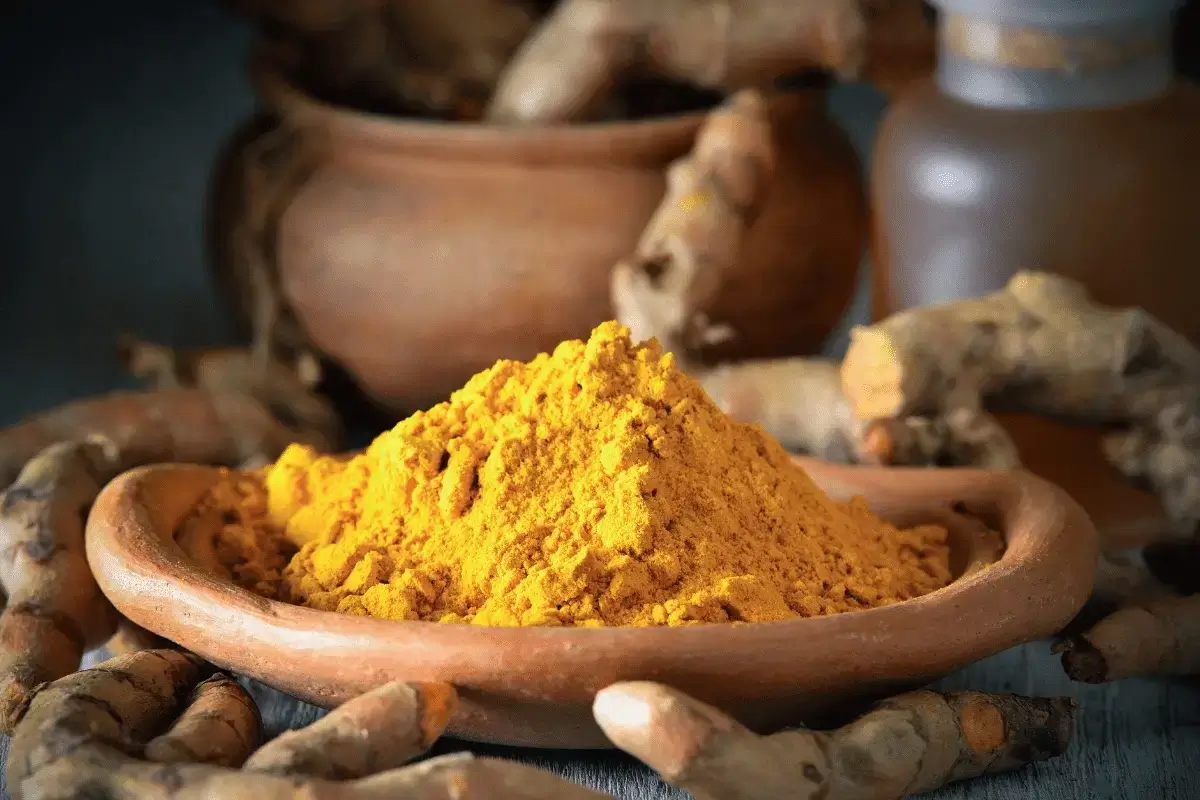
Turmeric is good for many things. It is one of the natural herbs with substances that fight inflammation and free radicals. So, turmeric has many benefits, with the following being the most important:
Because it has a lot of antioxidants, turmeric is a good way to treat gastroesophageal reflux disease.
It makes digestive problems less of a problem. It can help eliminate the problem of too much gas in the belly. Esophagitis and stomach ulcers can both you can help by eating turmeric.
Turmeric has healing properties that help eliminate toxins in the body, lowering cancer risk.
5: Lavender

lavender herb is one of the most common herbs that can help with stomach acidity and acid reflux in the esophagus. Its most important benefits are:
Lavender has healing chemicals in it that help with gas and stomach cramps. It helps to relax the body and calm the nerves.
It helps treat inflammation and GERD by making it easier for your body to digest food.
Soak Lavender in a cup of boiling water for about 5 minutes, and then it’s ready to drink. You don’t need to add sugar or honey because lavender already tastes sweet.
4: Mint
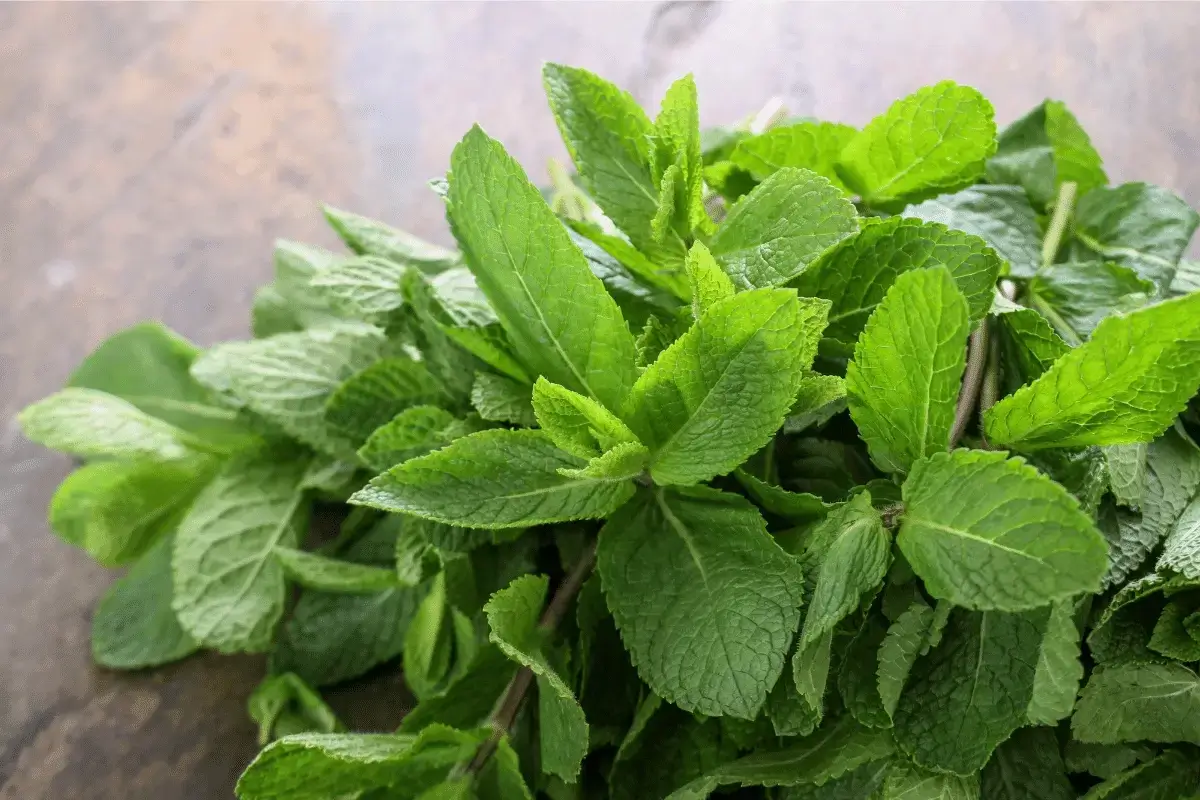
Mint is one of the top herbs for naturally treating GERD because it has a lot of benefits, including:
Mint helps digestion and makes you feel less bloated. And it is one of the most popular herbs that can help you get rid of gas.
Mint helps to treat problems with the colon. It helps make you feel better and less stressed and anxious. It helps with colic, bloating, and other digestive issues.
The way to make it is to put the right amount of mint in a cup of water and heat it until it boils. Then, pour it into a serving cup and drink it. If you want it sweeter, you can add a spoonful of honey.
3: Fennel seeds
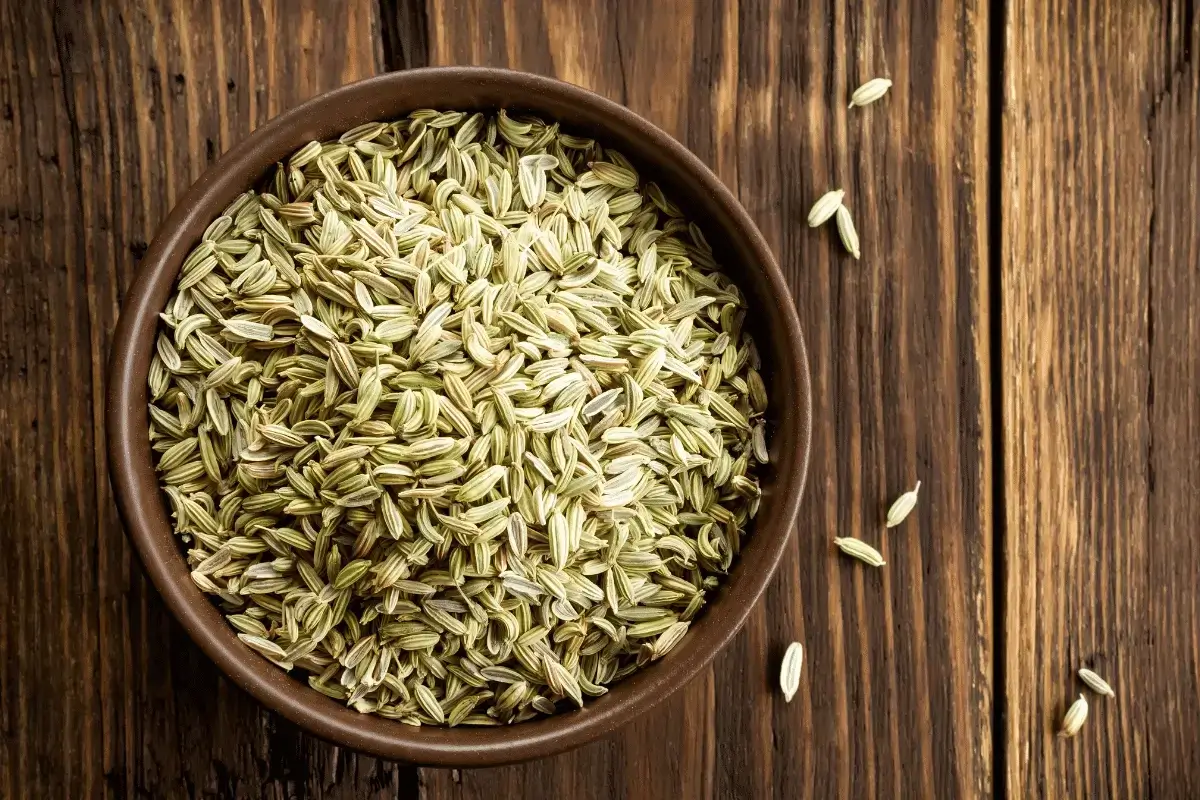
Since ancient times, people have known that fennel has a lot of health benefits. It is one of the most common herbs that help to treat stomach and digestive problems because of the following:
Fennel has chemicals that help treat gastroesophageal reflux disease by reducing inflammation. It helps a lot with the pain that comes from digestive problems.
It helps cut down on the stomach’s secretions, which causes heartburn, acidity, and GERD. So it makes flatulence and gas problems much less of a problem.
Before eating fennel, you should talk to your doctor, especially if you are pregnant or breastfeeding.
2: Slippery elm

Studies have shown that the slippery elm herb helps treat digestive problems and reduces stomach pain. Its most important benefits are:
Slippery elm has laxatives, which help make a gelatinous layer on the stomach wall. It helps keep infections out of the stomach.
It’s one of the best herbs for treating GERD and preventing esophagitis. It cuts down on the number of harmful bacteria in the intestine.
Slippery elm can help with a lot of digestive problems, like heartburn.
Reduces stomach problems like constipation, diarrhea, bloating, and gas buildup.
In addition, it helps with irritable bowel syndrome. It helps to treat people with Crohn’s disease.
1: Melissa herb

This herb is a member of the mint family, and it has many benefits for the body. The most important of these benefits is that it helps treat digestive problems.
Melissa helps with stomach cramps, especially for women having their period. It helps with digestive problems, making GERD a bit less of a problem.
It reduces stress and anxiety and helps you calm down. And it helps with indigestion, nausea, and throwing up.
Melissa has other benefits, like making headaches less painful and helping the brain work better.
It also helps people who have trouble sleeping or can’t sleep.





